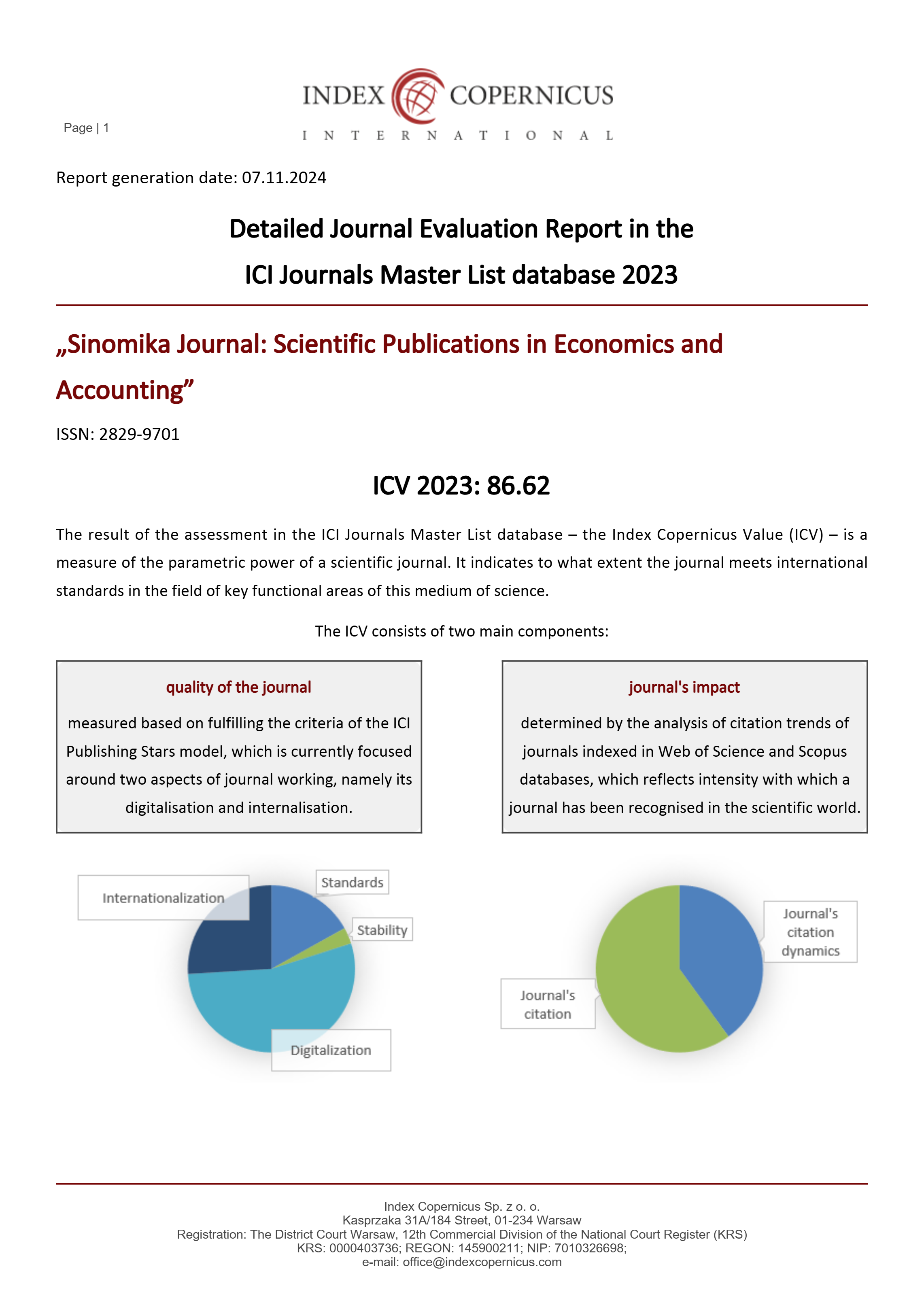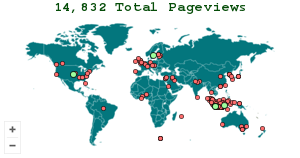Conceptualization of Accounting Ethics in Facing the Crisis of Global Economic Morality in the Modern Era
DOI:
https://doi.org/10.54443/sinomika.v3i5.2340Keywords:
accounting ethics, corporate governance, globalization, ethics education, technological advancementsAbstract
This paper explores the conceptualization of accounting ethics in response to the moral crises within the global economic landscape. As financial markets become increasingly interconnected, accounting professionals are faced with complex ethical challenges that demand an evolving approach to decision-making and reporting. This study reviews the key ethical issues confronting accountants, including the pressures of corporate governance, the ethical implications of globalization, technological advancements, and the need for continuous ethics education. By analyzing case studies of corporate scandals, such as Enron and Lehman Brothers, the paper highlights how ethical lapses in accounting can lead to severe financial instability and loss of public trust. The findings suggest that the accounting profession must adopt a more proactive approach to ethics, integrating stronger corporate governance, enhanced transparency, and improved education to address emerging ethical dilemmas. The paper proposes a framework for strengthening accounting ethics, emphasizing the need for a unified approach to global standards, responsible technological innovation, and a culture of ethical accountability within organizations. Ultimately, the study aims to foster a more ethical and transparent accounting profession that can contribute to the stability and sustainability of the global economy.
Downloads
References
Becker, H. S. (2011). Outsiders: Studies in the Sociology of Deviance. Free Press.
Brown, L. D. (2001). The Regulation of Auditor Independence: An International Perspective. Accounting, Auditing & Accountability Journal, 14(3), 427-454.
Canning, M., & O'Dwyer, B. (2009). A Critical Analysis of the Role of Accounting in Enron’s Collapse. Accounting, Organizations, and Society, 34(5), 537-558.
Cohen, J., & Pant, L. W. (2006). Ethical Issues in Accounting Education: A Case for Incorporating Ethics into the Curriculum. Journal of Accounting Education, 24(3), 230-249.
DeAngelo, L. E. (1981). Auditor Size and Audit Quality. Journal of Accounting and Economics, 3(3), 183-199.
Dechow, P., Ge, W., & Schrand, C. (2010). Understanding Earnings Quality: A Review of the Proxies, Their Determinants and Their Consequences. Journal of Accounting and Economics, 50(2-3), 344-401.
Dickins, D. (2004). Accounting, Ethics, and the Law: Ethical Practices in the Accounting Profession. Journal of Business Ethics, 51(2), 163-184.
Funnell, W. (2009). Ethics in Accounting: Global Perspectives. Accounting, Auditing & Accountability Journal, 22(4), 578-601.
Gray, R., & Manson, S. (2011). The Audit Process: Principles, Practice and Cases (6th ed.). Cengage Learning.
Gray, S. J., & Manson, S. (2011). The Audit Process: Principles, Practice, and Cases. Cengage Learning.
Healy, P. M., & Palepu, K. G. (2003). The Fall of Enron. Journal of Economic Perspectives, 17(2), 3-26.
Hopwood, A. G. (2007). Interpreting Accounting Research: The Role of Theory. Accounting, Organizations, and Society, 32(3-4), 329-355.
Jackling, B., & De Lange, P. (2009). Do Accounting Graduates’ Skills Meet the Expectations of Employers? Accounting Education: An International Journal, 18(4), 369-385.
Mintz, S. M., & Morris, R. E. (2016). Ethics in Accounting: A Decision-Making Approach. Pearson.
Sikka, P. (2009). Financial Accounting: Ethics and Global Capitalism. Accounting, Auditing & Accountability Journal, 22(5), 821-839.
Sikka, P. (2009). The Auditor and Financial Reporting in the UK: A Research Study on the Ethics of Auditing. Critical Perspectives on Accounting, 20(1), 1-24.
Sikka, P., & Willmott, H. (2010). The Dark Side of the Accounting Profession. Accounting, Auditing & Accountability Journal, 23(5), 674-697.
Stone, D. (2011). Corporate Governance in the Age of Globalization. Journal of Corporate Finance, 17(5), 1055-1078.
Sussman, S. W., & Weber, K. (2020). Ethical Issues in Big Data and Blockchain. Journal of Business Ethics, 166(4), 743-761.
Tinker, T., & Neimark, M. (1987). The Role of Accounting in the Regulation of Corporate Social Responsibility. Accounting, Organizations, and Society, 12(1), 1-15.
Wells, J. T. (2004). Corporate Fraud Handbook: Prevention and Detection (2nd ed.). Wiley.
WorldCom. (2003). WorldCom's Financial Scandal: The Role of Accounting and Auditing in Corporate Fraud. Corporate Governance Review, 7(3), 1-9.
Downloads
Published
How to Cite
Issue
Section
License
Copyright (c) 2025 Timilehin Olasoji Olubiyi

This work is licensed under a Creative Commons Attribution 4.0 International License.

























